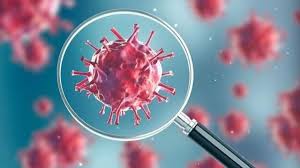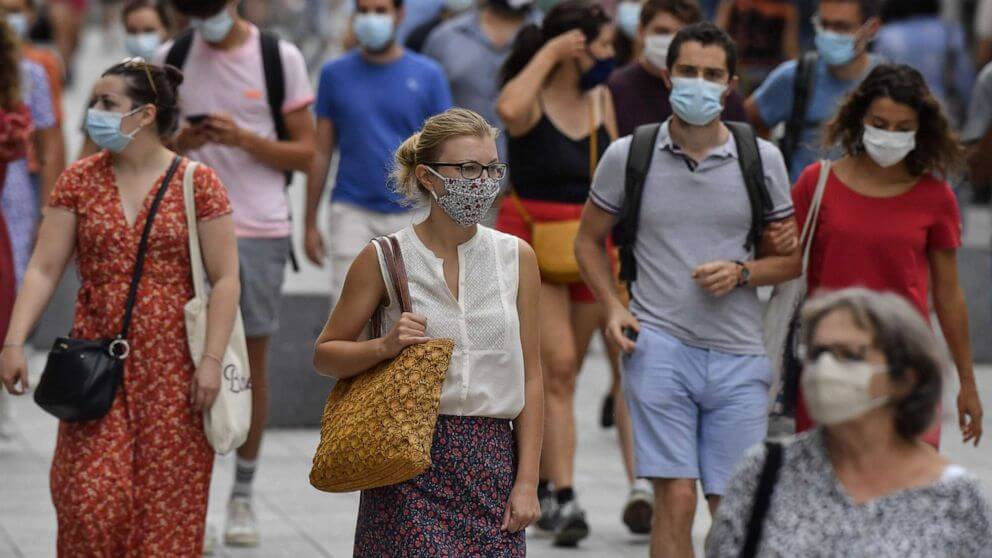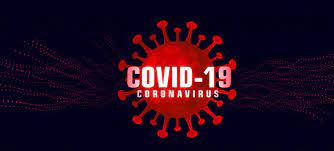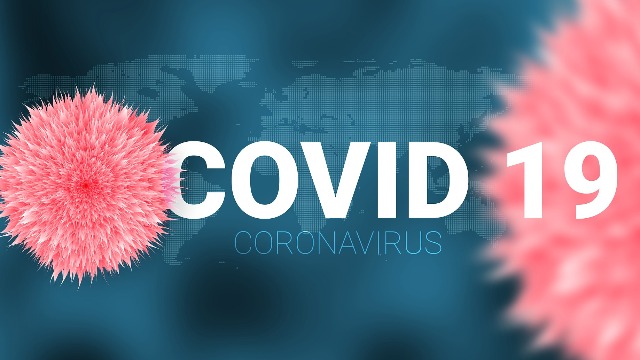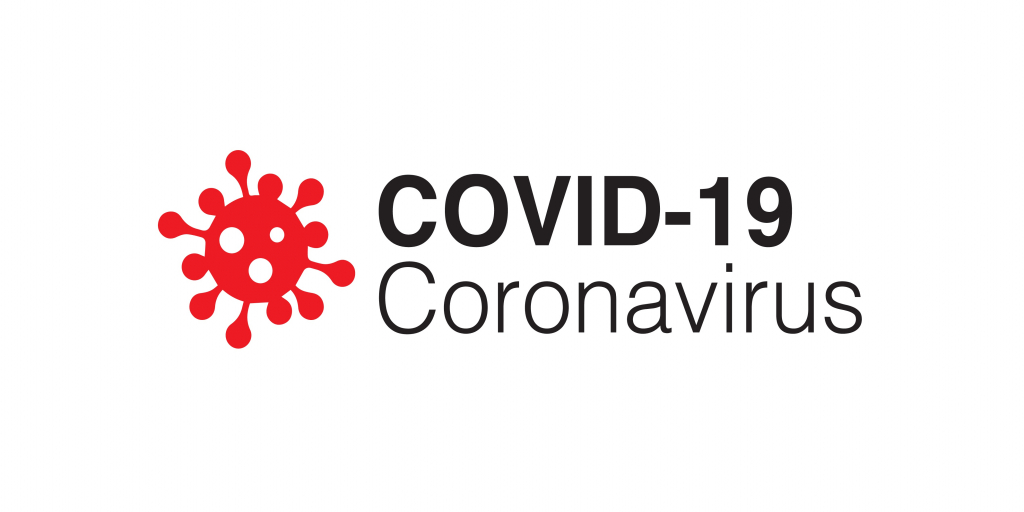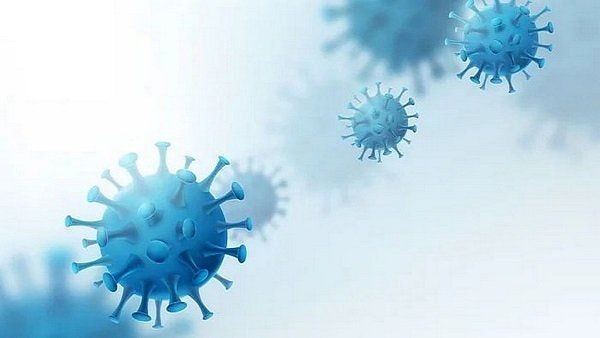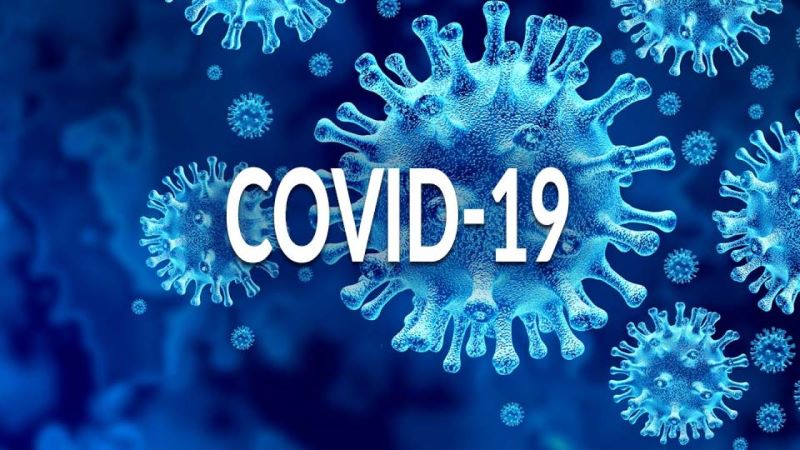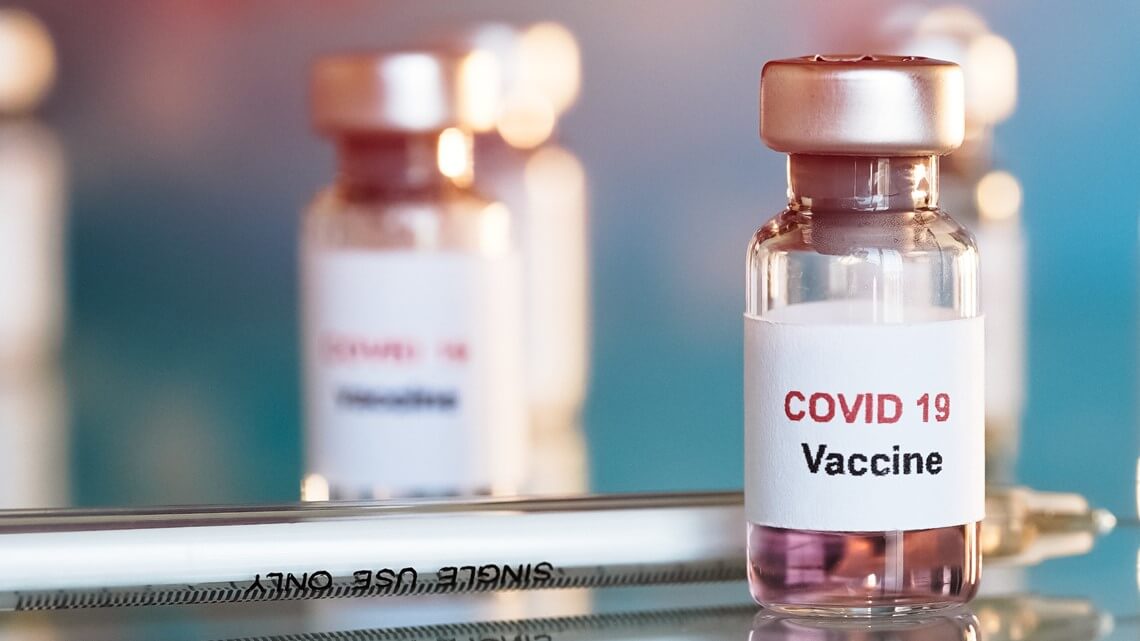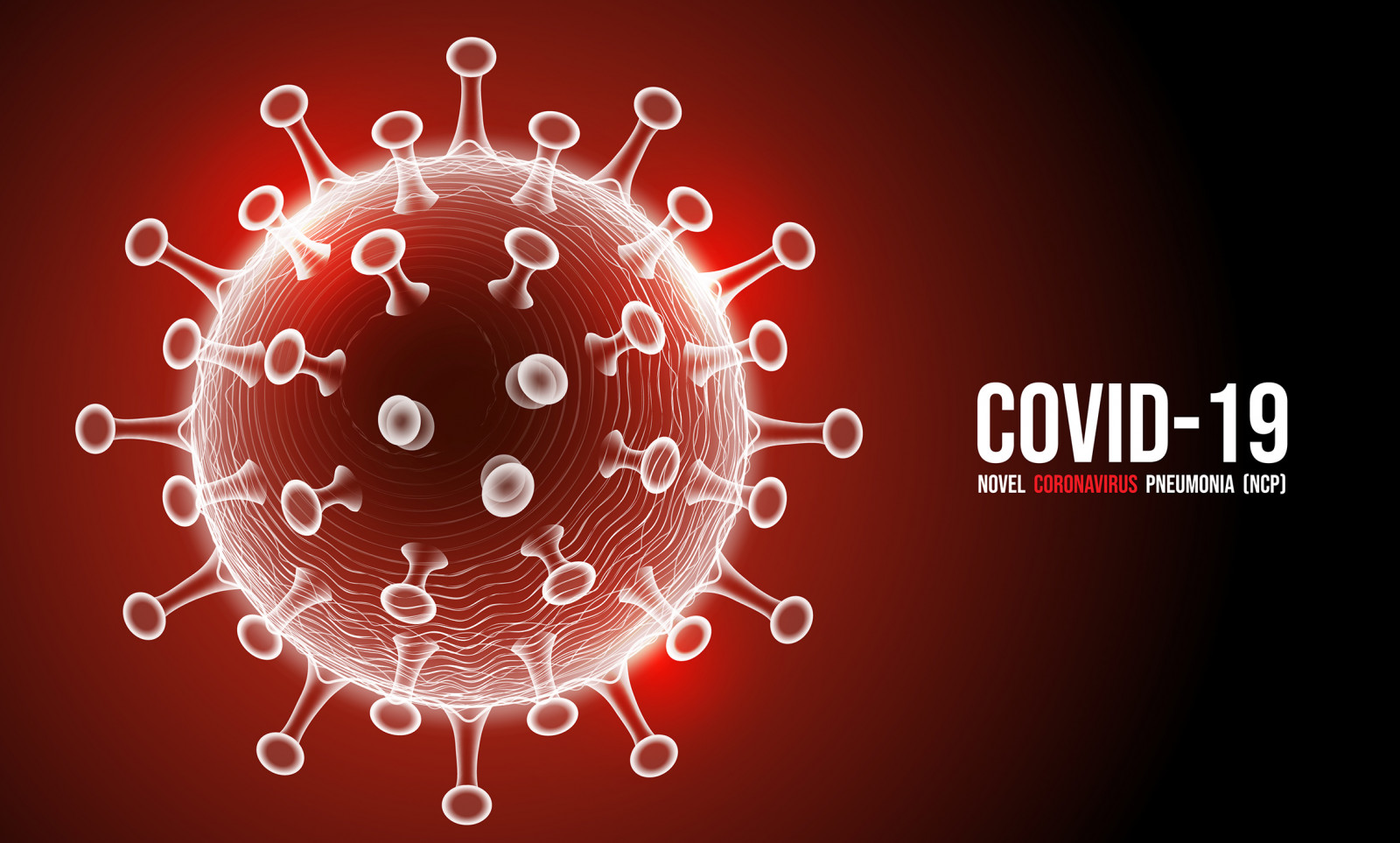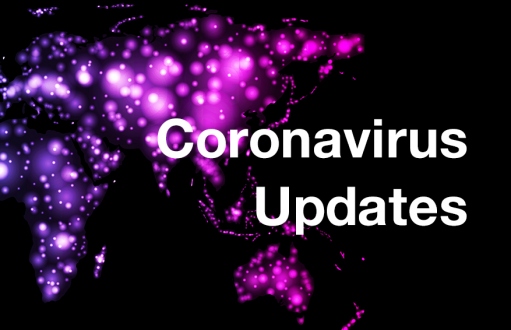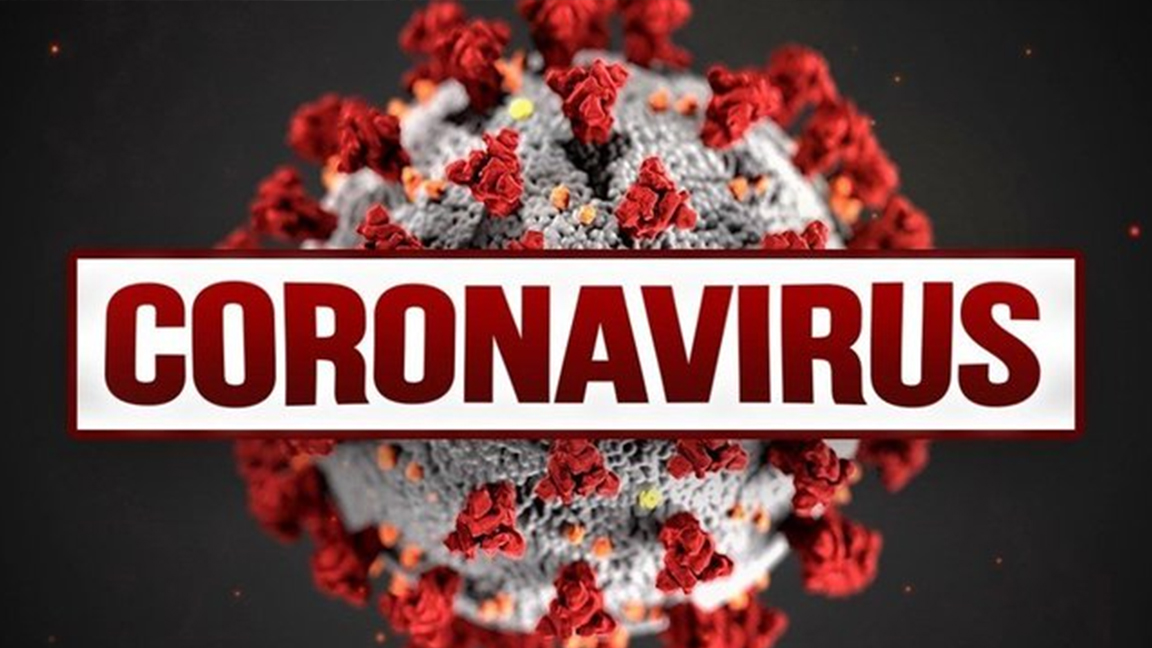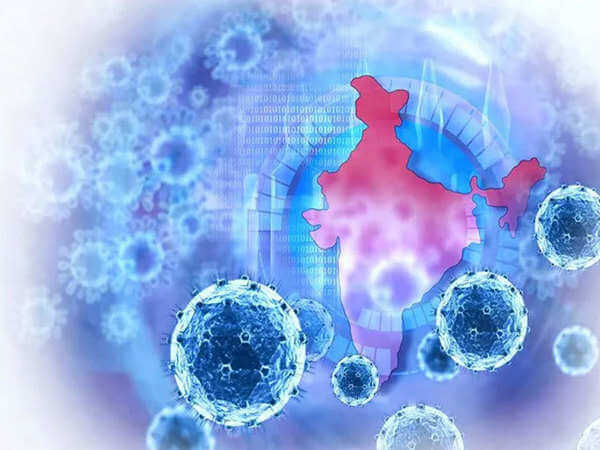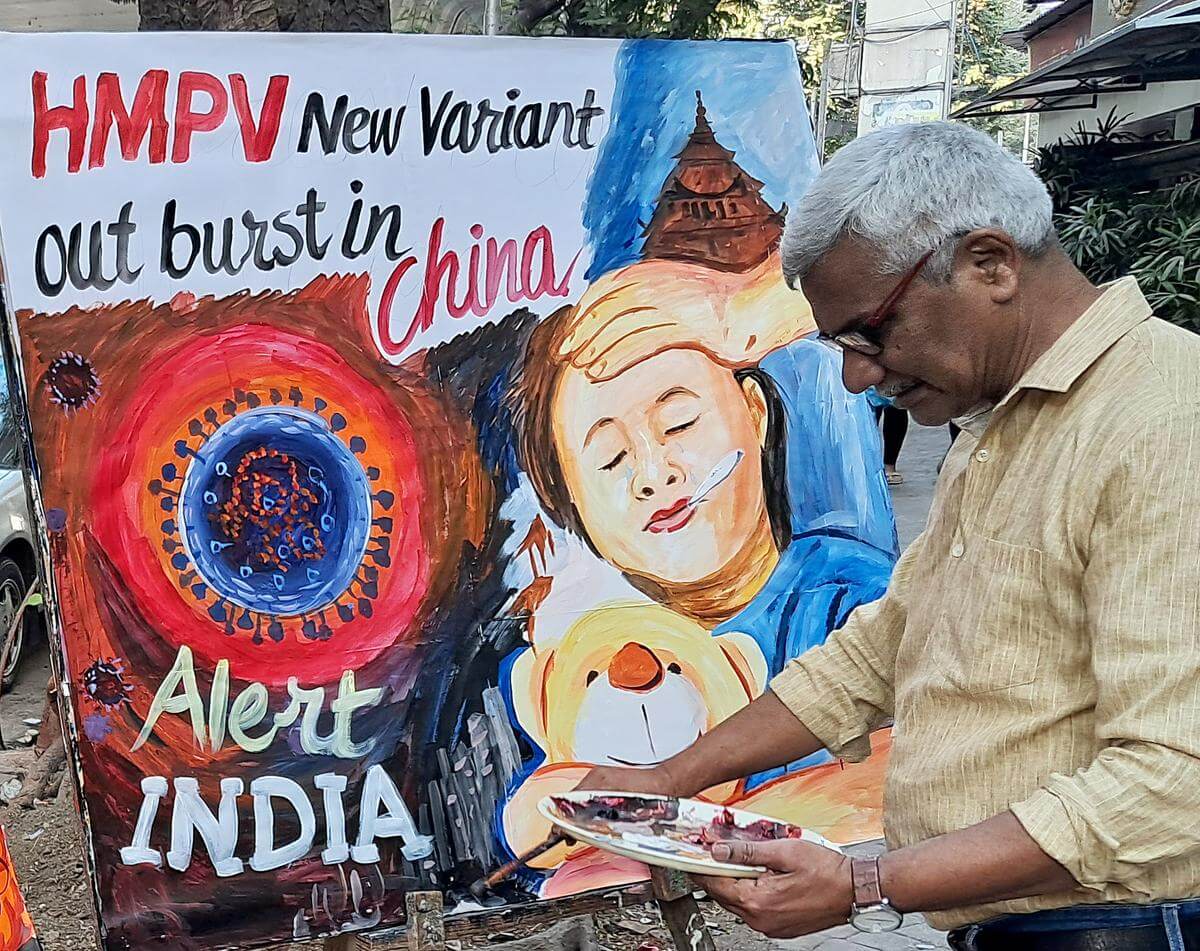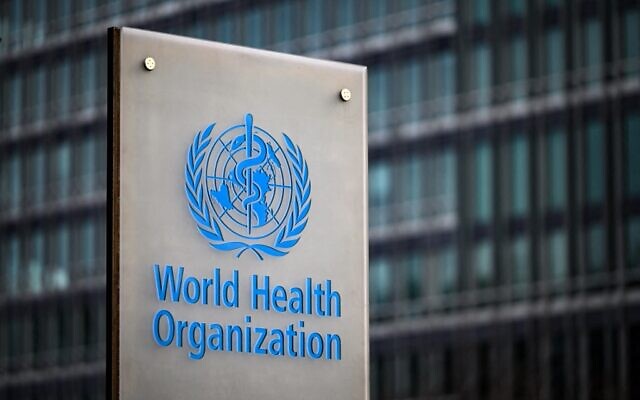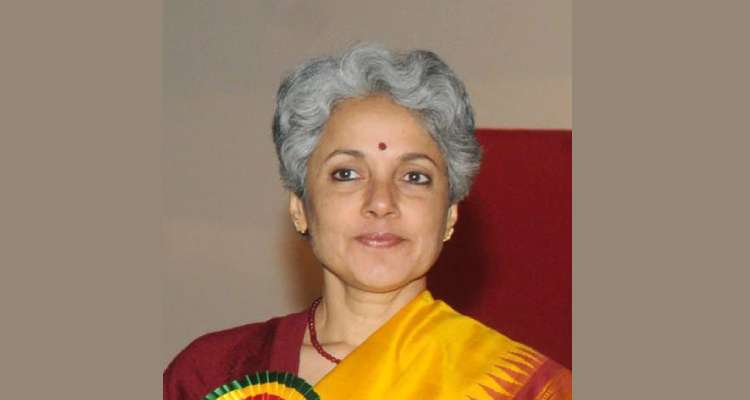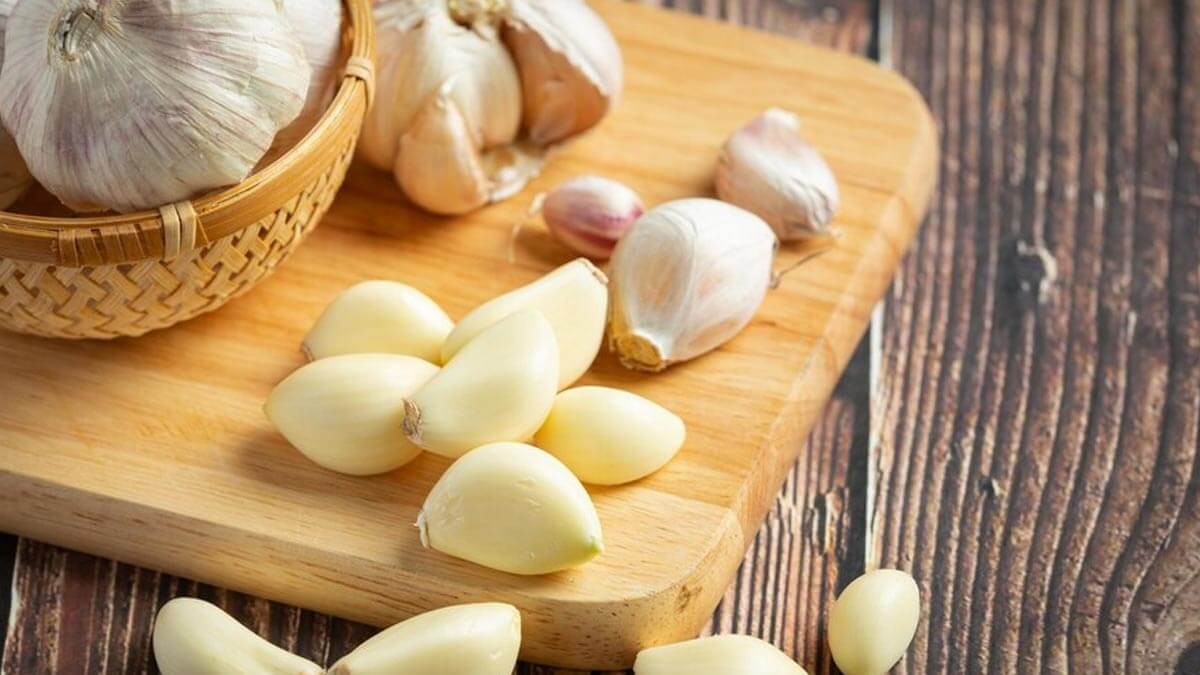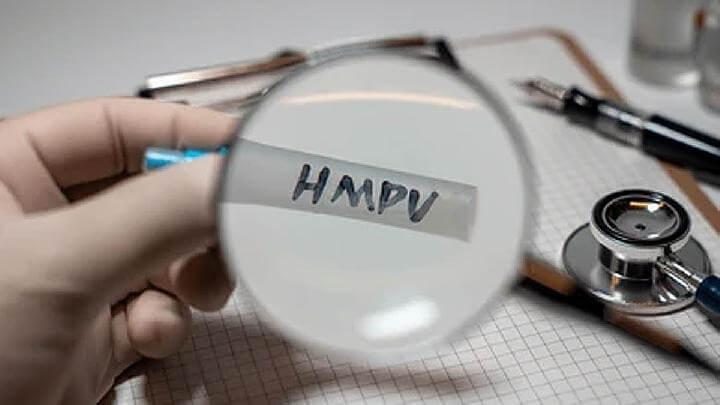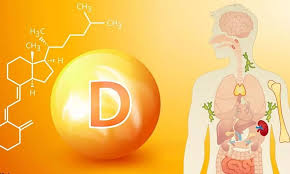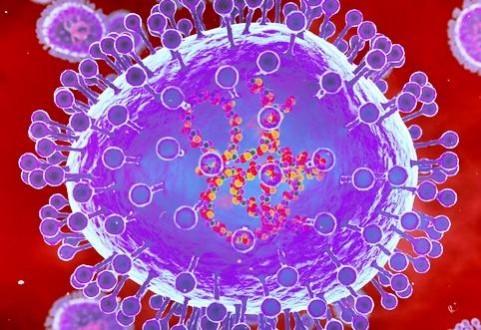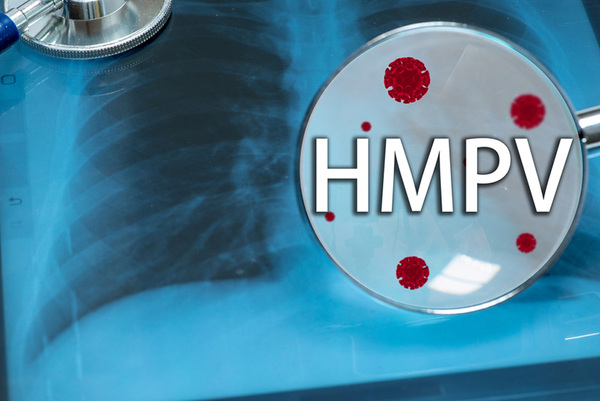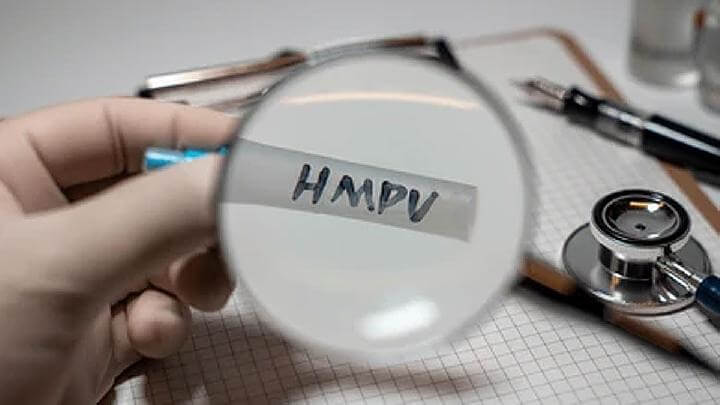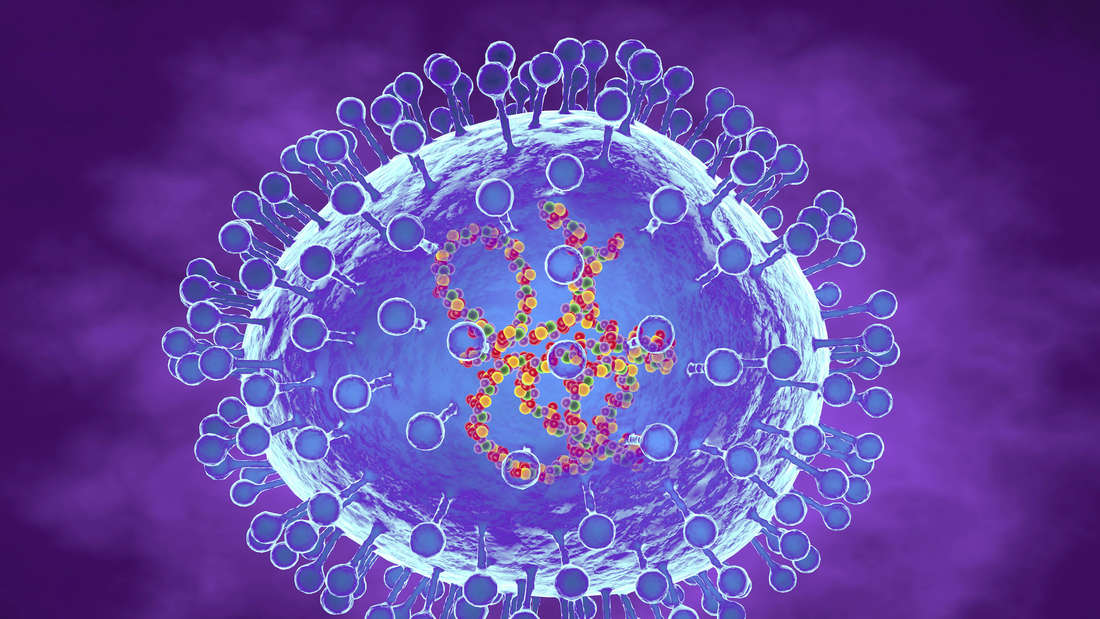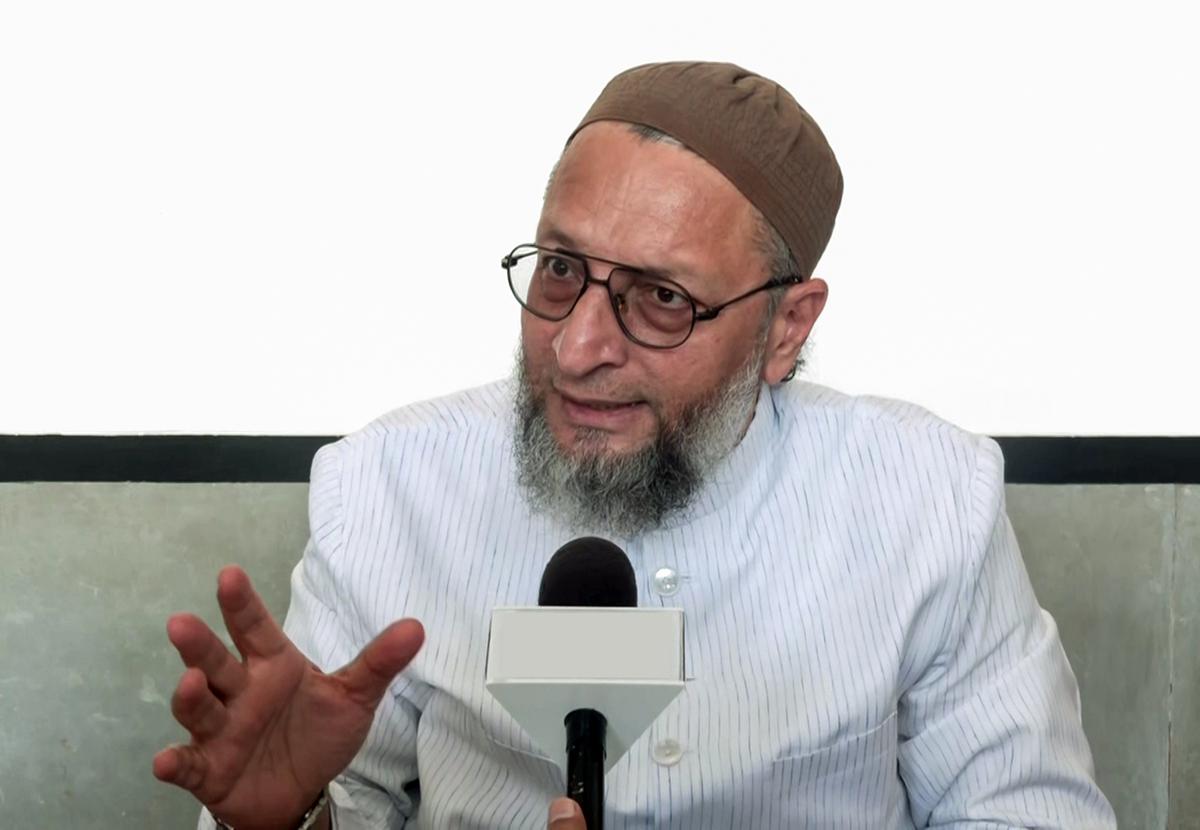India to Allow Emergency use Authorisation of Corona Vaccines based on Trial Data
Mon 12 Oct 2020, 14:40:10
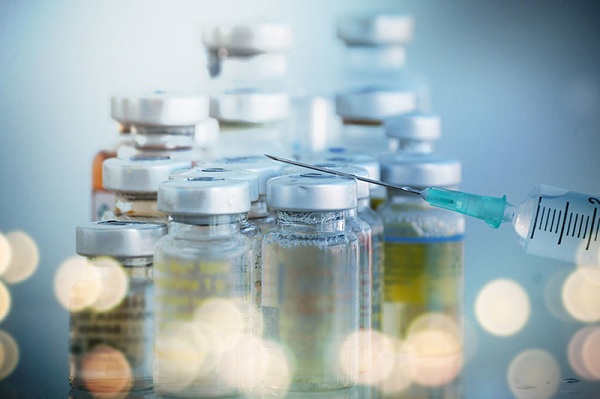
NEW DELHI: The emergency use authorisation of covid-19 vaccines in India will depend on data generated during clinical trials in the country, said Harsh Vardhan, union minister of health and family welfare, in the fifth episode of Sunday Samvaad.
Covid-19 vaccines currently under trial in India are two-, or three-dose shots. Serum Institute of India and Bharat Biotech's vaccine requires two doses while that of Cadila Healthcare requires three doses. For others in pre-clinical stages, the dosing is being tested, Harsh Vardhan said.
“Considering the large population of India, one vaccine or vaccine manufacturer will not be able to fulfil the requirements of vaccinating the whole country. Therefore, we are open to assessing the feasibility of introducing several covid-19 vaccines in the country as per their availability for the Indian population," the health minister said.
“In a huge country like India, it is critical to prioritise vaccine delivery based on various factors such as per risk of exposure, comorbidity among various population groups, the mortality rate among covid-19 cases, and several others," he said.
He said the most important component of vaccine planning is maintaining cold-chain and other logistics to ensure smooth
last-mile delivery.
last-mile delivery.
"There is a need of the enormous backing required for building network refinement exercises to comprehend the purposes behind immunization aversion and address them properly," he said.
India's Covid case depend on Sunday contacted 70,53,427, with loss of life at 1,08,783, the Vardhan stated, cautioning about higher odds of transmission during the winters.
Harsh Vardhan also said the government will soon launch the FELUDA Test, a paper strip test to diagnose SARS-CoV-2 developed by the CSIR-Institute of Genomics and Integrative Biology (IGIB) which has been approved by the Drug Controller General of India.
Based on testing results in over 2,000 patients during the trial at IGIB and in private labs, the test showed 96% sensitivity and 98% specificity, the health minister said.
This compares favourably to ICMR’s current acceptation criteria of RT-PCR Kit of at least 95% sensitivity and at least 99% specificity, he said.
The kit has already been validated by the Department of Atomic Energy’s National Centre for Biological Sciences, Bangalore. “While I cannot put an exact date on the availability, we should expect this test within the next few weeks," he added.
No Comments For This Post, Be first to write a Comment.
Most viewed from Coronavirus Updates
Most viewed from Health
AIMIM News
Asaduddin Owaisi questions PM Modi's China policy
Jan 08, 2025
Owaisi slams UP over police post near Sambhal mosque
Dec 31, 2024
Owaisi hails SC order on Places of Worship Act
Dec 13, 2024
AAP Corporator Tahir Hussain joins AIMIM party
Dec 11, 2024
Latest Urdu News
Most Viewed
May 26, 2020
Which political party will win the Delhi Assembly polls to be held on Feb 5?
Latest Videos View All
Like Us
Home
About Us
Advertise With Us
All Polls
Epaper Archives
Privacy Policy
Contact Us
Download Etemaad App
© 2025 Etemaad Daily News, All Rights Reserved.

